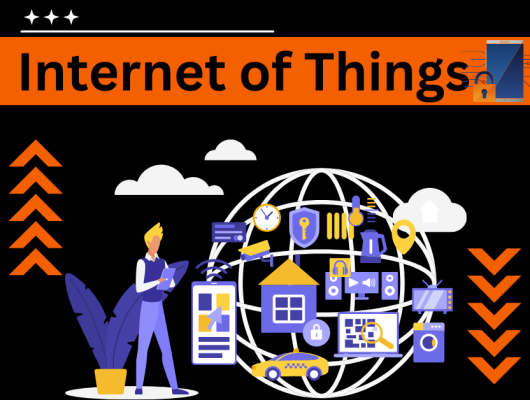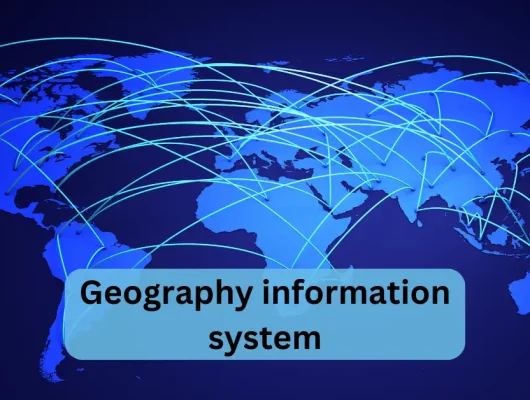Introduction
Science, philosophy, and technology fans have all been enthralled by the fascinating worlds of the human brain and artificial intelligence (AI). While the human brain has changed over millions of years, artificial intelligence (AI) is the result of human efforts to build intelligent computers. In this essay, we will examine the complexity of the human brain, the strength of artificial intelligence, its individual advantages and disadvantages, and the potential for cooperation between the two.
Understanding the Human Brain

The human brain is a miracle of nature; it is a sophisticated organ that gives us the ability to think, reason, and perceive our surroundings. The brain processes information, stores memories, and coordinates our thoughts and actions. It is made up of billions of neurons and complex neural networks. It is in charge of our consciousness, creativity, and emotions.
1. The Complexity of Neural Networks
Different cognitive processes are carried out by neural networks in the brain. These networks are made up of electrically signaling neurons that are connected to one another and exchange information. Because of the brain’s capacity for learning and adaptation, or neuroplasticity, it is possible to restructure these networks in response to fresh experiences and information.
2. Emotions and Awareness
The human brain’s ability to feel emotions and have self-awareness is one of its outstanding features. Making decisions and interacting with others are greatly influenced by emotions. On the other hand, scientists are still working to comprehend the nature and origins of consciousness, which remains a profound mystery.
The Power of AI

Contrarily, artificial intelligence is an example of human attempts to make robots intelligent. Speech recognition, image classification, and problem-solving are just a few examples of the activities that artificial intelligence (AI) systems are capable of performing. In order to process enormous volumes of data and arrive at predictions or judgments based on patterns and rules, AI makes use of algorithms and processing capacity.
1. Machine Learning and Deep Learning
A subfield of artificial intelligence called “machine learning” enables computers to learn from data without explicit programming. Artificial neural networks modeled after the human brain are used in deep learning, a branch of machine learning. Machines can discern intricate patterns and make precise predictions thanks to these networks’ ability to learn hierarchical representations of data.
2. Natural Language Processing and Computer Vision
As a result of tremendous advancements in AI, machines can already comprehend and produce human language. Examples of AI applications in this area include chatbots, virtual assistants, and language translation software. Advancements in fields like object recognition and autonomous vehicles have been made possible because of computer vision, another branch of artificial intelligence that focuses on teaching computers to understand and interpret visual data.
Strengths and Limitations

The fact that the human brain and AI each have particular advantages and disadvantages emphasizes how complementary these two types of intelligence are.
1. Human Brain’s Strengths
Unmatched creativity and intuition are features of the human brain. It excels at jobs that call for complicated reasoning, empathy, and situational flexibility. Human intelligence has a strong connection to emotions, consciousness, and social interactions, which helps us comprehend the world more fully.
2. AI’s Strengths
AI, on the other hand, excels at processing data, recognizing patterns, and working quickly. AI-powered machines are capable of quickly analyzing enormous volumes of data, finding patterns, and generating predictions with astounding accuracy. A benefit of using AI algorithms for applications requiring repetitive computations is their ability to work nonstop without becoming tired.
3. Limitations of the Human Brain
The human brain has limitations despite being capable of amazing things. It is prone to biases, mistakes, and cognitive restrictions like forgetfulness and distractions. Additionally, compared to AI systems, the human brain processes information at a slower rate, which makes it less effective at some computing tasks.
4. Limitations of AI
Despite its strengths, AI has several limitations of its own. The lack of real awareness and emotions in current AI systems limits their capacity to comprehend human experiences. Common-sense reasoning, contextual comprehension, and complex decision-making are difficult for them to perform. The caliber and volume of data used in AI systems’ training are also crucial.
The Potential of Collaboration
Exploring the potential for cooperation between the human brain and AI instead of seeing them as rivals opens up interesting possibilities.
1. Cognitive Augmentation
Human intelligence can be improved by AI by improving our cognitive capacities. AI-powered technologies, for instance, can help with sophisticated problem-solving, data analysis, and decision-making, allowing people to benefit from AI’s computational brilliance while keeping their capacity for creativity and critical thought.
2. Medical and Scientific Advancements
In the areas of medical and scientific study, the interaction between AI and the human brain offers enormous promise. In order to help with diagnosis, treatment planning, and medication discovery, AI systems can evaluate enormous amounts of medical data. Brain-computer interfaces, which link the brain with AI systems, have the potential to help people with neurological diseases and improve cognitive function.
3. Ethical Considerations
Ethical considerations are becoming more important as AI develops. To ensure privacy, data security, and the prevention of abuse, collaborations between AI and the human brain need to be closely watched and regulated. To address worries about prejudice and discrimination, AI decision-making algorithms must be transparent and accountable.
Conclusion
The human brain and artificial intelligence (AI) are two outstanding intelligence frontiers. The human brain offers unmatched creativity and consciousness, yet artificial intelligence (AI) has enormous processing capacity and pattern recognition ability. Transformational improvements can be made in a variety of fields, from science to healthcare, by recognizing each party’s unique strengths and limits and exploring possible partnerships between them. In order to ensure that AI enhances human intelligence while respecting our shared values, it is critical that we proceed cautiously as we set out on this path.
FAQs
Q1.Can AI ever surpass the intelligence of the human brain?
Although artificial intelligence has come a long way, it is still difficult to match human intelligence in all areas. The human brain has greater comprehension and consciousness than AI, which is why it is so good in some fields but not others.
Q2. How can AI assist in medical diagnosis?
AI can evaluate a large amount of medical data, such as patient records and imaging scans, to help medical personnel make precise diagnoses and design effective treatments. Human doctors could miss patterns and anomalies that AI algorithms can spot.
Q3. What are the risks associated with AI?
Automation-related job loss, biases in AI systems, and worries about data security and privacy are a few hazards connected to AI. Through appropriate legislation and moral standards, it is imperative to address these concerns.
Q4. Can AI experience emotions?
No, modern AI systems are devoid of real feelings and consciousness. While AI can mimic human-like behaviors, it lacks the subjective experiences and emotions that humans do.
Q5. How can AI and the human brain collaborate in the future?
Brain-computer interfaces, where AI systems can help people with neurological disorders and improve cognitive capacities, may be the result of future collaborations between AI and the human brain. AI can also improve human intellect in a variety of areas, including decision-making and original problem-solving.







